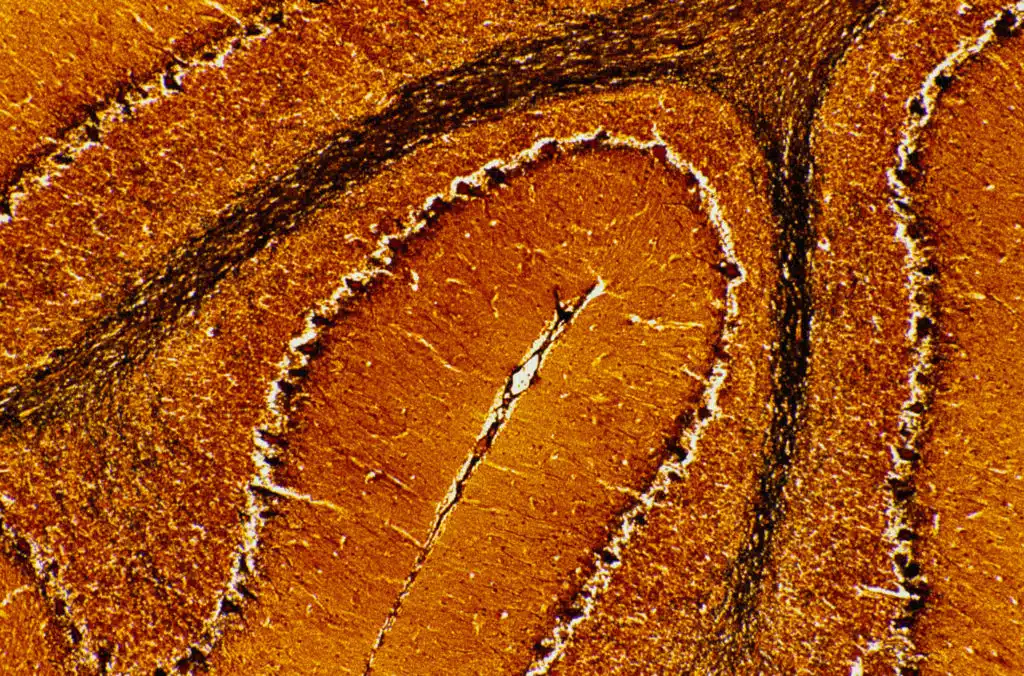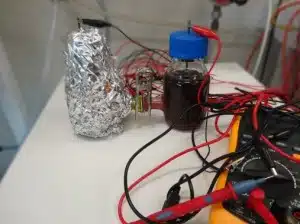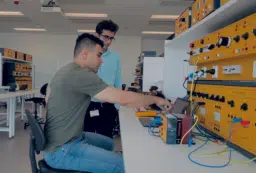Krishna Venkidusamy, of The University of South Australia, has developed microbial fuel cells that use bacteria to break down diesel and produce power, opening up the possibility of a green solution to Australia’s petroleum pollution problem.
“The technology employs the world’s tiniest inhabitants, bacteria, which can eat the petroleum waste and produce electrons. During this process, we can generate an electrical current,” says Krishna, who is doing the research as part of her PhD.
“The process is suitable for almost any type of organic waste material, from contaminated soil to the by-products of many industries,” she says.
A pilot study is set to demonstrate the economical removal of these pollutants from the environment while generating electricity. “More research will find the best candidate microbes, reduce costs for materials, and increase the technology for commercial scales,” Krishna says.
The approach also has potential in areas with limited access to electricity or where polluted sites are difficult to treat.
“The use of these microbial systems to clean up polluted sites has been known for decades, but only recent technological advances have made it possible to harness the electricity during the clean-up process,” Krishna says. “On a commercial scale, this technology will help produce a cleaner and safer environment and provide green energy at the same time.”
Nationwide there are over 100,000 sites contaminated with petroleum products such as petrol and diesel. Petroleum hydrocarbons, their primary constituents, pose risks to human health when inhaled, ingested or exposed to skin.
SA State Finalist: Krishna Venkidusamy, CRC for Contamination Assessment and Remediation of the Environment






 Fresh Science is on hold for 2022. We will be back in 2023.
Fresh Science is on hold for 2022. We will be back in 2023.